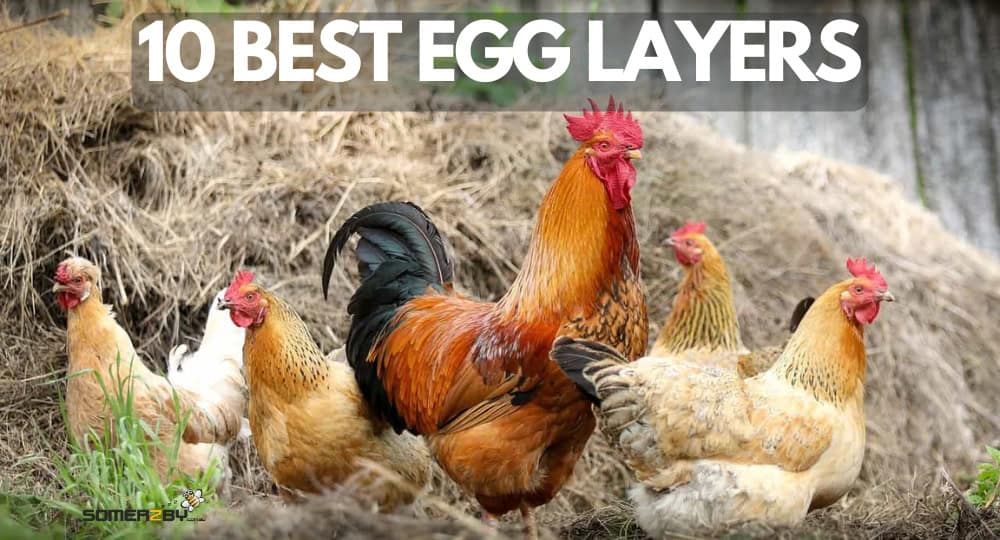Chickens
The Best 10 Egg Laying Chicken Breeds
Best 10 Egg Laying Chickens Breeds
Some chicken breeds are naturally better egg layers than others. While top-performing breeds can produce an egg almost every day—totalling hundreds each year—others may lay very few or none at all. If part of your reason for raising chickens is to enjoy a steady supply of fresh eggs, then choosing the right breed is essential.
However, it’s not just about the breed. Egg production is also influenced by factors like daylight hours, nutrition, stress and overall care. For example, shorter days in winter can slow down laying, and poor diet or feeling unsafe can cause hens to stop laying altogether.
When deciding on a breed, don’t focus only on how many eggs they can lay. Also consider their personality, care needs, and whether they’ll suit your lifestyle. The best breed for you is one that fits your goals and your backyard setup.
Table of Contents
Ameraucana
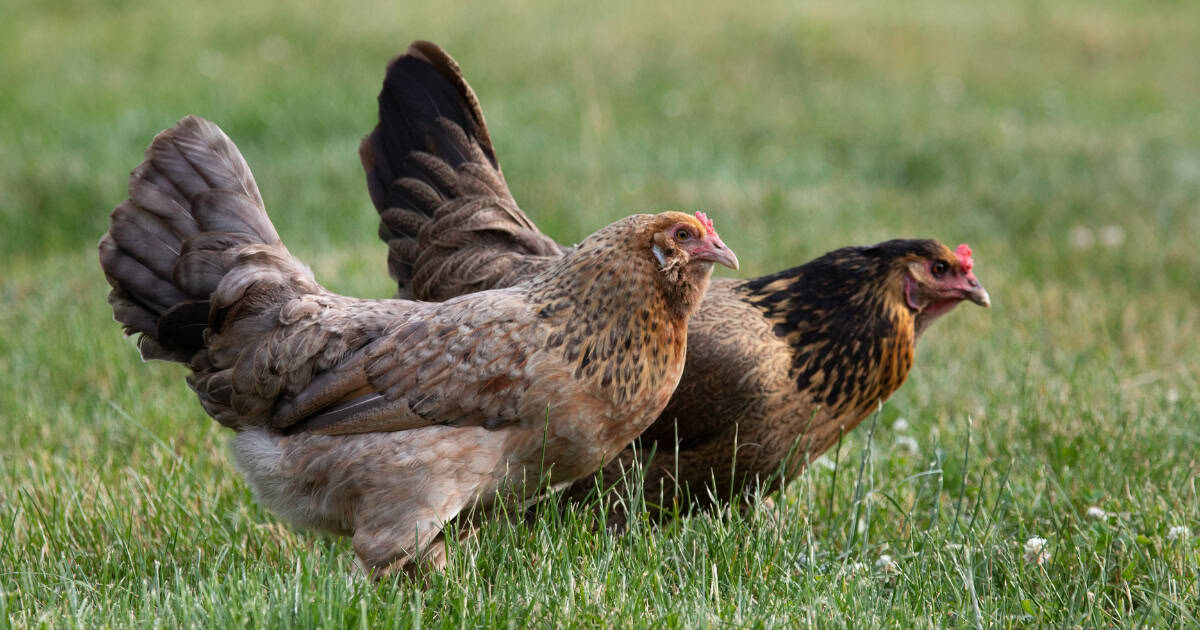
Ameraucana hens typically lay 250 eggs per year. They begin laying at around 25-30 weeks old.
They are playfully referred to as Easter Egg Chickens due to their eggs being multicoloured.
They handle most climates well and are happy to be kept in coops. They can be very broody.
Australorp
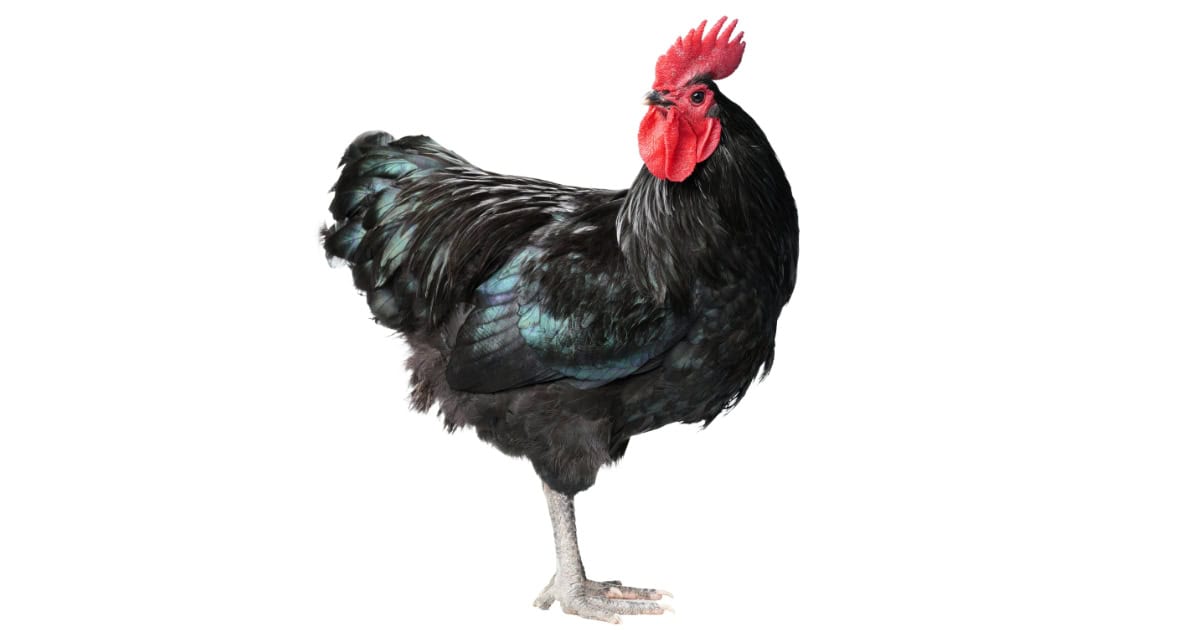
Australorp hens can lay up to 300 eggs per year. They begin laying at around 22-24 weeks old.
Their eggs are medium sized and light brown.
Australorps are friendly and love to be around people. This makes them a great chicken for beginners. They prefer to have lots of room to move around in a free-range environment.
Golden Laced Wyandotte’s

Golden Laced Wyandottes lay approximately 200 eggs each year. They will begin to lay at 18-20 weeks old.
They will most likely lay large, cream coloured eggs.
They are a very gentle breed, recognisable by their beautifully patterned feathers. They love to forage in the yard.
They can become broody if left with their eggs for too long.
Isa Brown
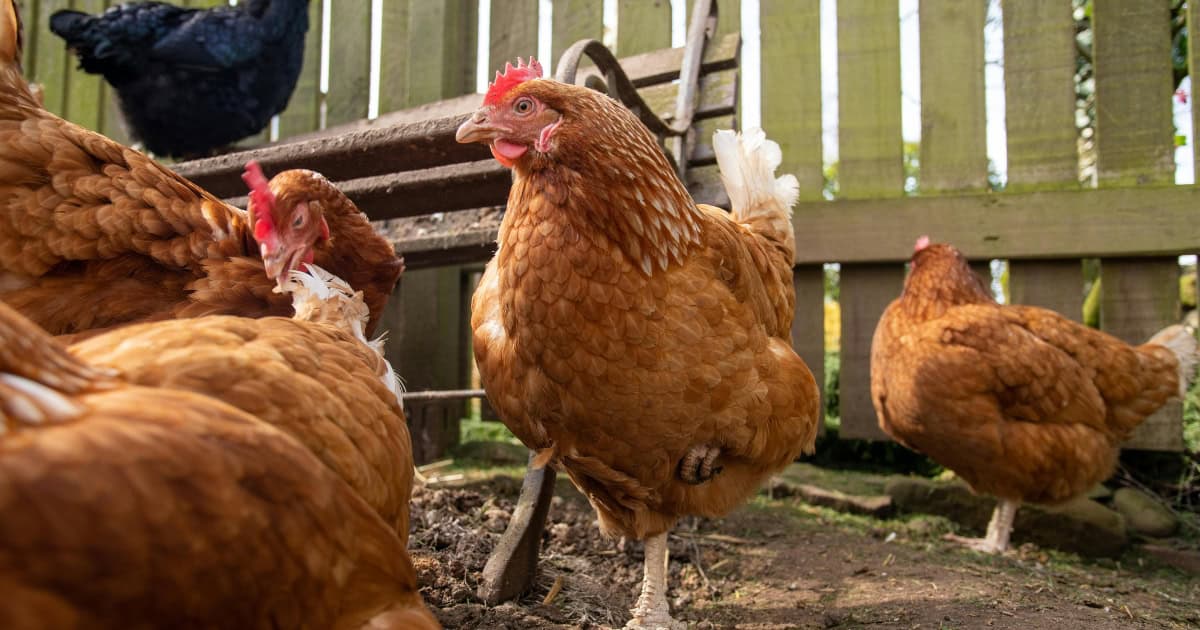
Isa Brown chickens will lay between 300-350 eggs every year. They begin to lay eggs at around 16 weeks old.
Their eggs are brown and large.
They deal well with most types of weather and are very hardy. They are easy to handle.
Leghorn
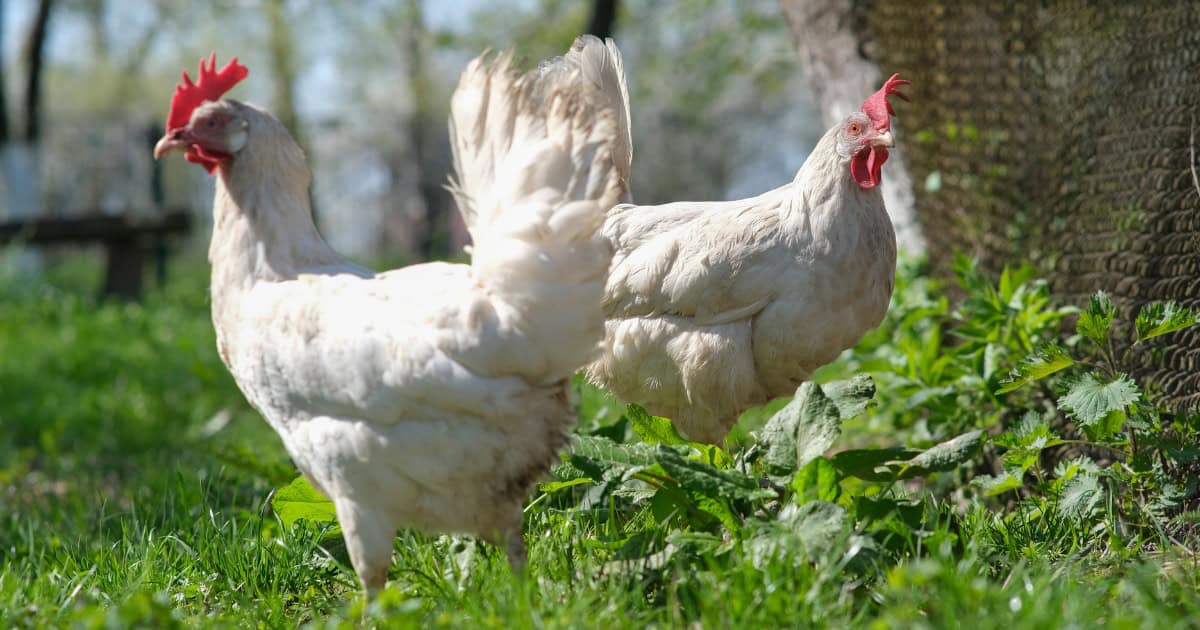
Leghorn hens will lay about 280 eggs per year. They begin laying at around 16 weeks old.
Their eggs are medium-large and white.
Leghorns dislike being handled and are shy.
New Hampshire
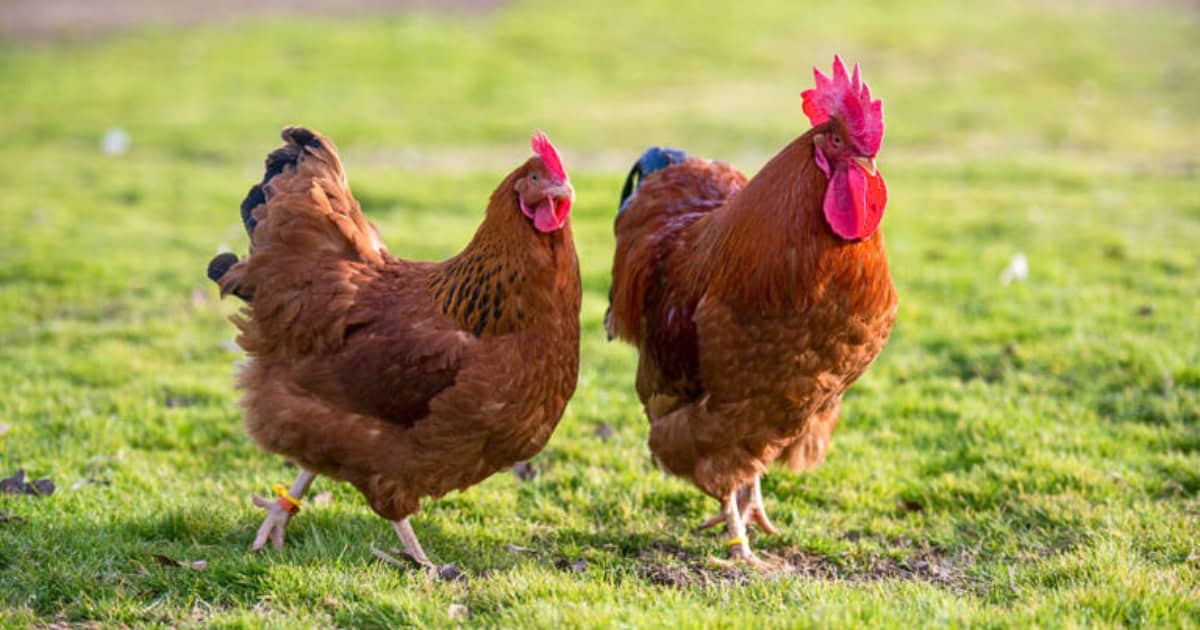
New Hampshire chickens will lay approximately 250 eggs per year. They first lay eggs at 22-24 weeks old.
Their eggs will typically be large and dark brown.
New Hampshires were bred from Rhode Island Reds. They are a friendly breed.
Orpington
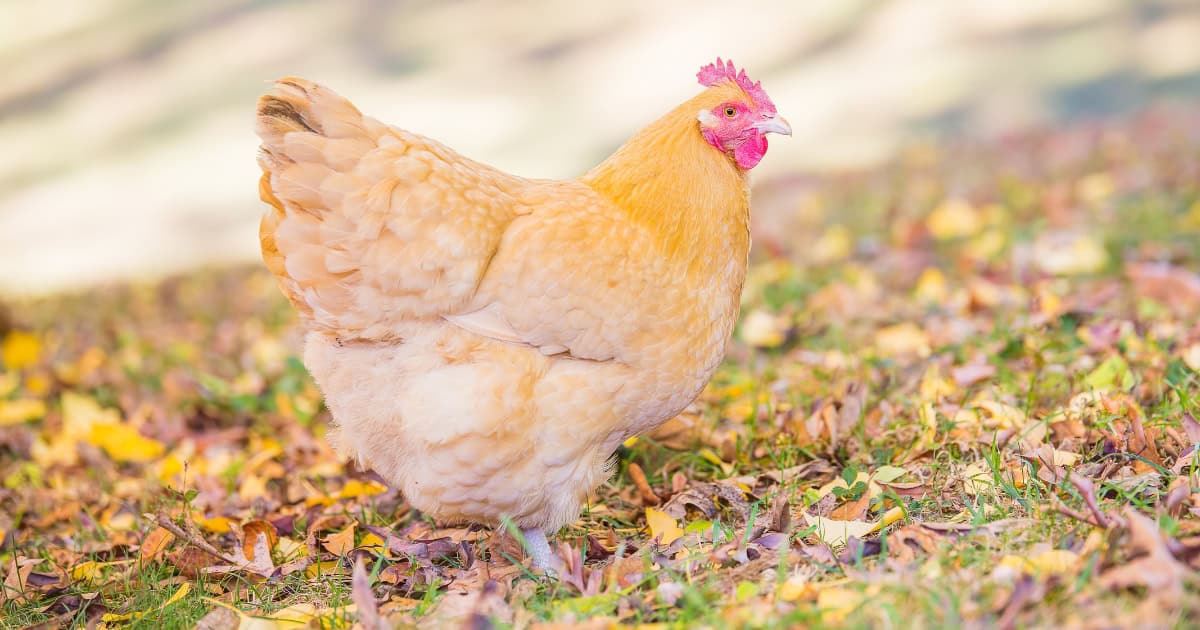
Orpington chickens will lay around 150 eggs per year. They start to lay eggs at 20-24 weeks old.
Their eggs are large and brown.
They make great pets for families with children or older people. They are easy to handle and very friendly.
Plymouth Rocks
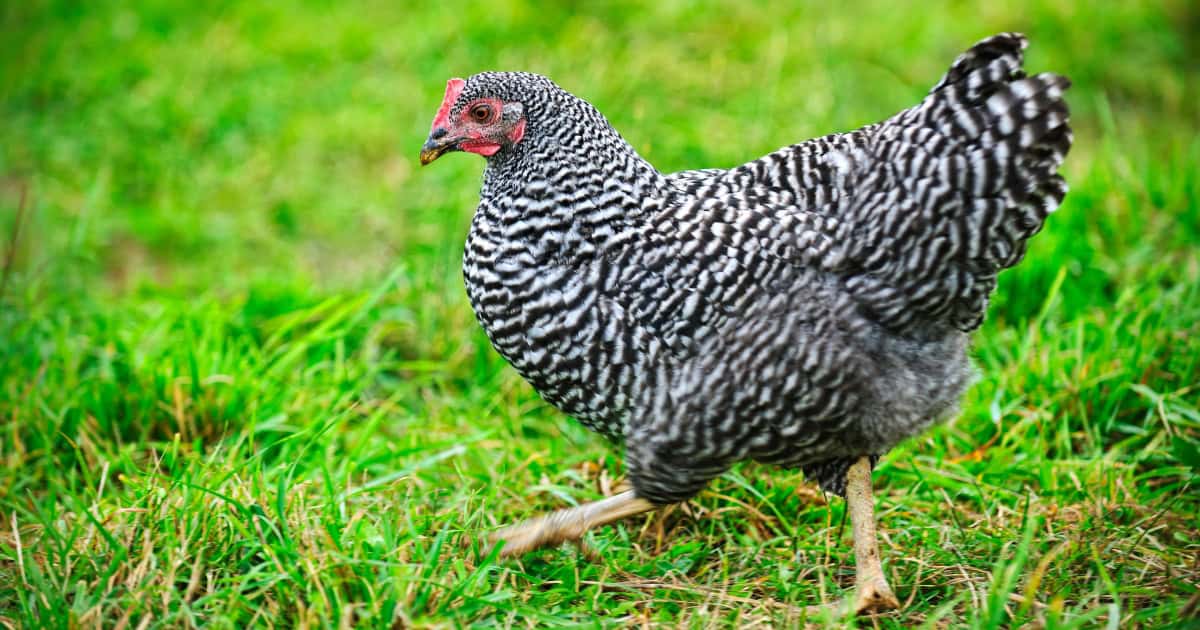
Plymouth Rock hens lay around 280 eggs each year. They start to lay at between 18-22 weeks old.
Their eggs are light brown and large.
Plymouth Rocks are approachable and easy going. They that get along well with children and other breeds of chicken.
They love to be kept free range so they can forage all day long.
Rhode Island Reds

Rhode Island Red hens will lay 270 eggs per year. They begin to lay at between 18-24 weeks old.
Their eggs are medium-large and brown.
They are a great breed for beginners as they are hardy and mostly take care of themselves.
They are likely to bully other breeds if housed together.
Sussex
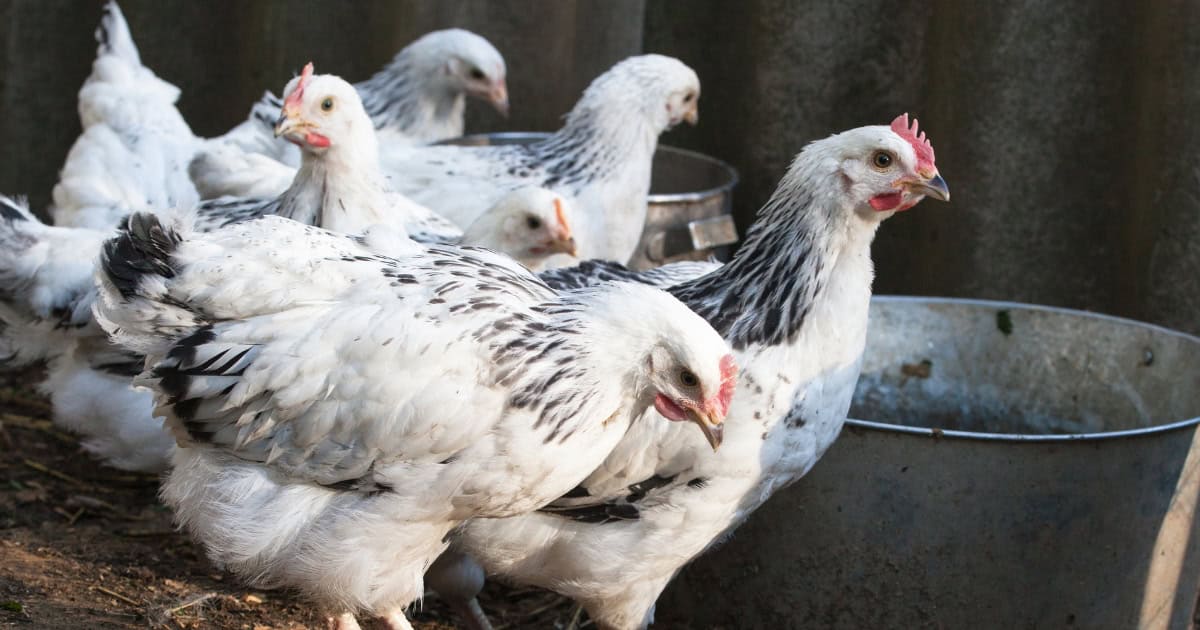
The Sussex chicken will lay over 250 eggs each year. They begin to first lay eggs at 16-20 weeks old.
Their eggs are large. They can be different shades of cream, tan or light brown.
They continue to lay eggs later into their lives, compared to other breeds.
They are easy to approach and likely to be bullied by other breeds if kept together.
For more information, check out our blog on Egg Laying Chickens and our blog on Chickens That Lay Blue Eggs.




